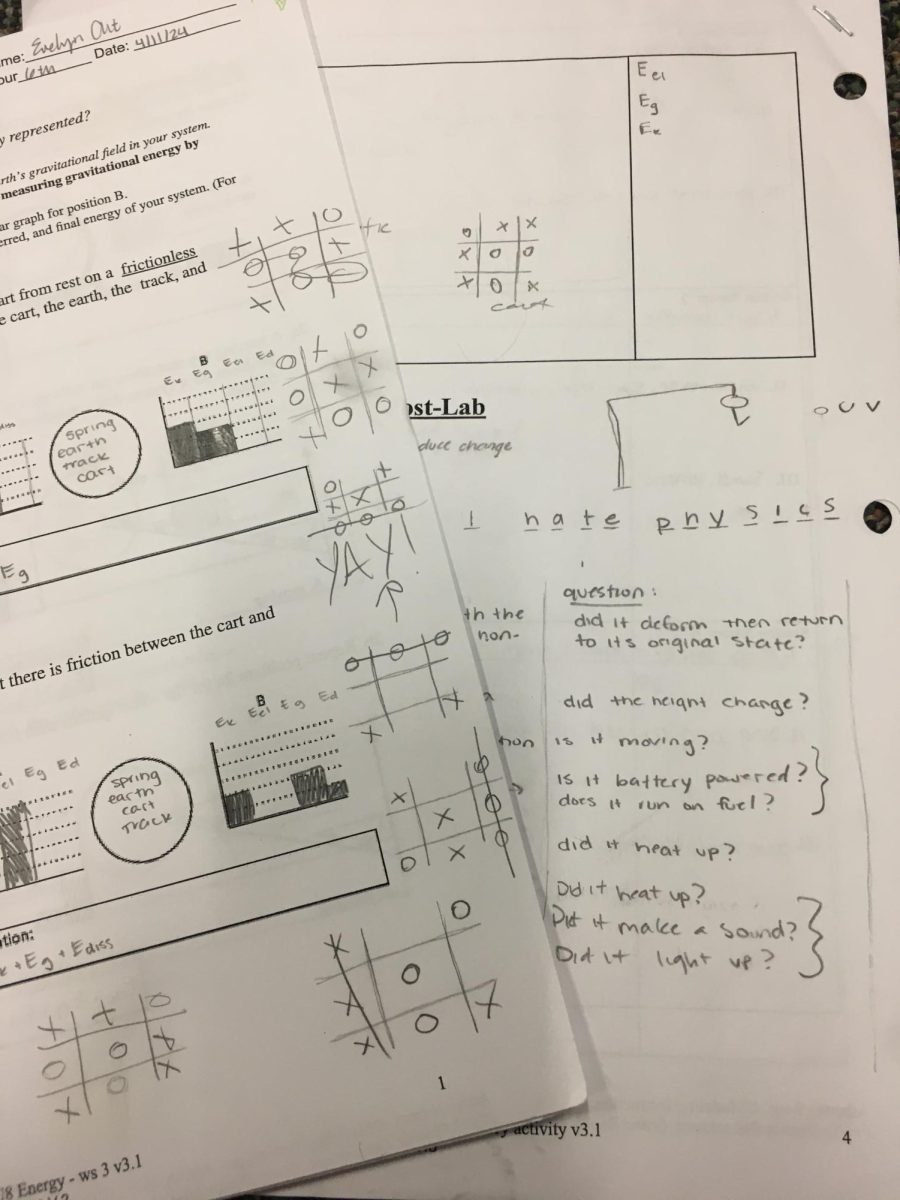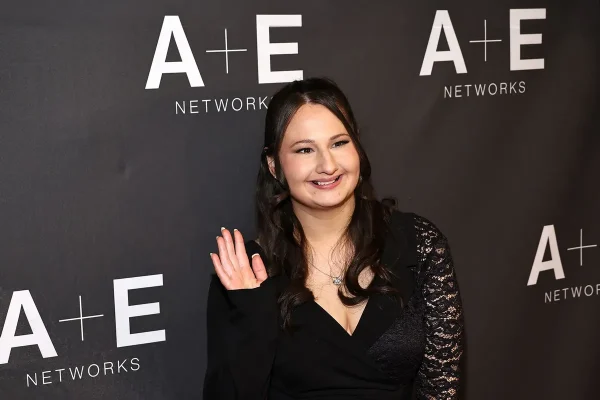The college admission scandal represents more than just Aunt Becky going to jail

More stories from Reena Mathews
The exposition of the college bribing scandal exploded into the scene, igniting the anger and indignance of all across the country.
In the wake of Aunt Becky’s fall from all-American grace, parents and students alike were aghast and enraged, repulsed by the blatant parade of wealth and entitlement to clamber over the straight, traditional path to college admission.
But is dirty money paving the way for double standards really so shocking?
In reality, the revelation of the scandal is a profound ink bleed on the tainted, infested canvas of college admissions. It’s a mere window on the dizzying array of back door entries into college.
This scandal just happens to be illegal.
Yet, a whole lot of other ways wealthy, privileged students are slithering their way past fair admissions are perfectly legal.
Parents dishing out staggering donation checks automatically launch their children, born into a privileged life of financial comfort, to a spot at elite colleges based on mom and dad’s wallet rather than merit, knocking deserving, low-income students out of the running.
And these donations usually stem from parents who are alumni of these universities, signaling children lucky enough to be born to college-attending parents. The alumni status alone gives these students another edge with many colleges giving preferred admission on the basis of legacy.
According to one 2018 survey, 42% of private colleges and 6% of public colleges considered legacy in the admission process. Another study of Harvard University found a legacy connection to increase the acceptance rate by five times.
Less direct ways shift favor to privileged families, too. The college-prep industry, for example, is worth $12 billion. Test-prep tutors, resume assistance, essay editors and tutors, and more are all pricey norms for upper-class students approaching college applications. Back in 2017, the College Board even admitted that those with tutors usually saw an average score increase of 100 points on the SAT, the College Board-sanctioned standardized test.
And that’s not even to mention the cost of putting kids through expensive sports in the hopes of entry into competitive colleges via athletic scholarships.
It seems that class and status play an alarming role in yet another facet of the game of life, and most of it is accepted, normal, and legal. For the most part, my peers and I have the privilege of residing on the brighter side of the scale, but many can not say the same.
The question is, what are we going to do about it?

Reena Mathews is now entering her third year on The Central Trend and second year as Editor in Chief. She has always loved to read and write and is...


























































































